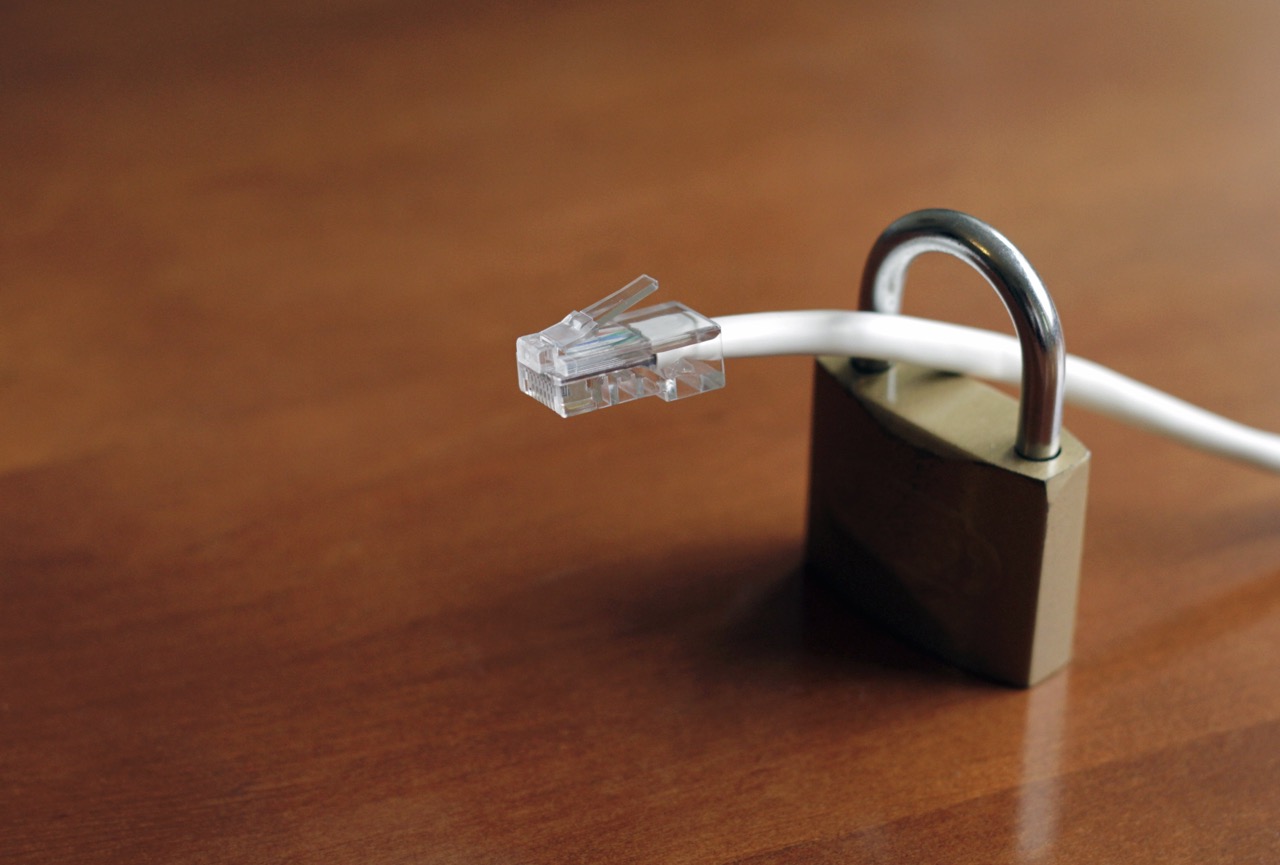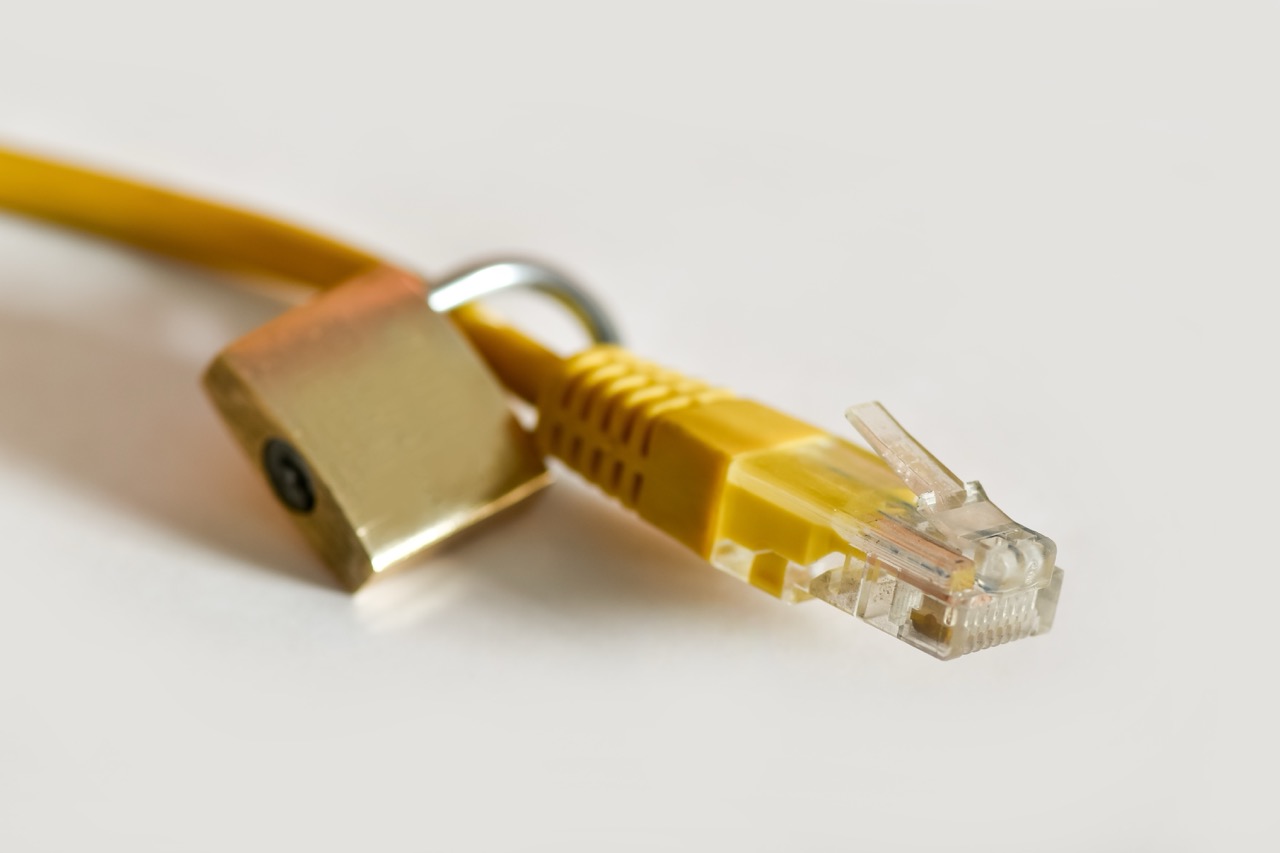As remote work becomes increasingly prevalent in today’s business landscape, ensuring the security of sensitive data and communications has never been more critical. Organizations are adapting to a remote workforce, but this shift also exposes them to a myriad of cybersecurity threats. Proper security measures must be implemented to safeguard company information, and one of the most effective tools in this regard is a Virtual Private Network (VPN). In this article, we will explore the importance of remote work security, how VPNs enhance security, and best practices for implementation.
Understanding the Importance of Remote Work Security Measures
The rise of remote work has transformed traditional business models, offering flexibility and potential cost savings. However, this shift has also led to increased vulnerabilities, as employees access corporate networks from various locations and devices. The distributed nature of remote work can make it challenging for organizations to maintain oversight and control over their sensitive information. Thus, robust security measures are essential to protect against data breaches and cyberattacks.
Implementing comprehensive remote work security measures is not merely a precaution but a necessity. With the increase in cyberattacks targeting remote workers, organizations must proactively defend against threats such as phishing, malware, and unauthorized access. Ensuring that employees follow secure practices when accessing company resources can mitigate risks and promote a culture of security awareness across the organization.
Additionally, regulatory compliance is another driving factor for remote work security. Many industries are governed by strict data protection regulations, and failure to comply can result in severe penalties and reputational damage. By prioritizing security measures, companies can not only protect their data but also demonstrate their commitment to safeguarding customer and employee information.
What is a VPN and How It Enhances Security for Remote Teams
A Virtual Private Network (VPN) is a technology that creates a secure and encrypted connection between a user’s device and the internet. It acts as a tunnel that safeguards data sent and received, making it nearly impossible for cybercriminals to intercept sensitive information. VPNs are especially crucial for remote teams, as they allow employees to connect to corporate networks safely, regardless of their physical location.
VPNs enhance security for remote teams by masking the user’s IP address and encrypting all internet traffic. This means that even if a remote worker uses a public Wi-Fi network, their data remains protected from prying eyes. By leveraging VPN technology, organizations can ensure that confidential information, such as customer data and proprietary documents, remains secure while being transmitted over potentially insecure networks.
Moreover, VPNs can also facilitate secure access to company resources, including internal applications and databases. By requiring a VPN connection to access certain resources, organizations can maintain tighter control over who can connect to their networks, thereby reducing the risk of unauthorized access and data breaches.
Risks Associated with Remote Work Without a VPN Solution
Operating without a VPN exposes organizations to significant cybersecurity risks. One of the most pressing dangers is the susceptibility to man-in-the-middle attacks, where cybercriminals intercept communications between the user and the intended server. Without encryption, sensitive data can be easily compromised, exposing organizations to data breaches and potential financial losses.
Another substantial risk comes from the use of unsecured public Wi-Fi networks. Remote workers often connect to the internet in cafes, airports, or other public places, where networks are notoriously insecure. Cybercriminals can exploit these vulnerabilities, accessing sensitive company information and potentially injecting malicious software into corporate networks. The lack of a VPN leaves employees and their devices vulnerable to such attacks.
Additionally, without a VPN, organizations risk losing visibility and control over their data. Data can be transmitted through insecure channels, making it difficult to monitor and audit information flow. This lack of oversight can hinder compliance with regulatory requirements and increase the likelihood of data unavailability in the event of a breach, leading to operational disruptions and reputational harm.
Key Features of VPNs That Protect Your Company’s Data
VPNs offer several features that enhance data protection for remote teams. The primary function is encryption, which secures data in transit by converting it into a format that can only be read by authorized users. Advanced encryption protocols ensure that data remains confidential, protecting it from interception and unauthorized access.
Another critical feature is authentication. VPNs typically require users to authenticate their identity before granting access to the network. Multi-factor authentication (MFA) is often utilized, requiring users to provide additional forms of verification, such as a code sent to their mobile device. This added layer of security significantly reduces the risk of unauthorized access to sensitive information.
Furthermore, many VPNs include features such as kill switches, which automatically disconnect users from the internet if the VPN connection drops. This prevents data leaks by ensuring that sensitive information is not transmitted over unsecured networks. Additionally, some VPNs offer split tunneling, allowing users to choose which traffic goes through the VPN and which does not, providing a balance between security and performance.
Implementing VPNs: Best Practices for Remote Workforces
To effectively implement VPNs for remote workforces, organizations should start by selecting a reliable VPN provider that offers the necessary security features. It’s essential to assess the provider’s encryption protocols, authentication methods, and overall reliability before making a decision. A well-vetted VPN solution will provide the necessary protection against potential threats while ensuring compatibility with existing systems.
Training employees on how to use VPNs is equally important. Organizations should conduct regular training sessions to educate remote workers about the importance of using a VPN and how to connect securely. Employees should be made aware of potential threats they may encounter when working remotely and how a VPN can mitigate those risks. This knowledge empowers employees to take an active role in safeguarding company data.
Lastly, organizations should establish clear policies surrounding VPN usage. Defining guidelines for when and how employees should connect to the VPN can help streamline operations while enhancing security. Regular audits and monitoring of VPN connections can further ensure compliance and identify any potential vulnerabilities that require attention.
Future Considerations: Evolving Threats and Security Protocols
As remote work becomes a permanent fixture in many organizations, the cybersecurity landscape is continuously evolving. Cybercriminals are becoming increasingly sophisticated, employing advanced tactics to exploit vulnerabilities in remote work setups. Organizations must remain vigilant and adaptable, regularly updating their security protocols and technologies to address emerging threats.
Future VPN solutions may incorporate artificial intelligence (AI) and machine learning to enhance security measures further. These technologies can analyze traffic patterns and detect anomalies, allowing organizations to identify and respond to potential threats in real-time. Additionally, the integration of zero-trust security models into VPN architectures may provide an added layer of protection, ensuring that every access request is thoroughly verified.
Finally, organizations must keep abreast of regulatory changes and cybersecurity best practices. As the legal landscape surrounding data protection evolves, businesses will need to adapt their policies and security measures to maintain compliance. By committing to continuous improvement and staying informed about the latest trends in cybersecurity, organizations can better protect their remote workforces and sensitive data in the long run.
In conclusion, the importance of implementing a VPN solution for remote work cannot be overstated. As businesses navigate the complexities of remote work environments, they must prioritize security measures that protect sensitive data from increasing cyber threats. A VPN provides essential features that safeguard communications, enhance data protection, and support compliance with regulatory requirements. By understanding the risks associated with remote work without a VPN, organizations can take proactive steps to secure their operations and ensure the safety of their valuable information. As the future of remote work continues to evolve, adopting robust security solutions will be paramount for sustaining business integrity and operational resilience.










